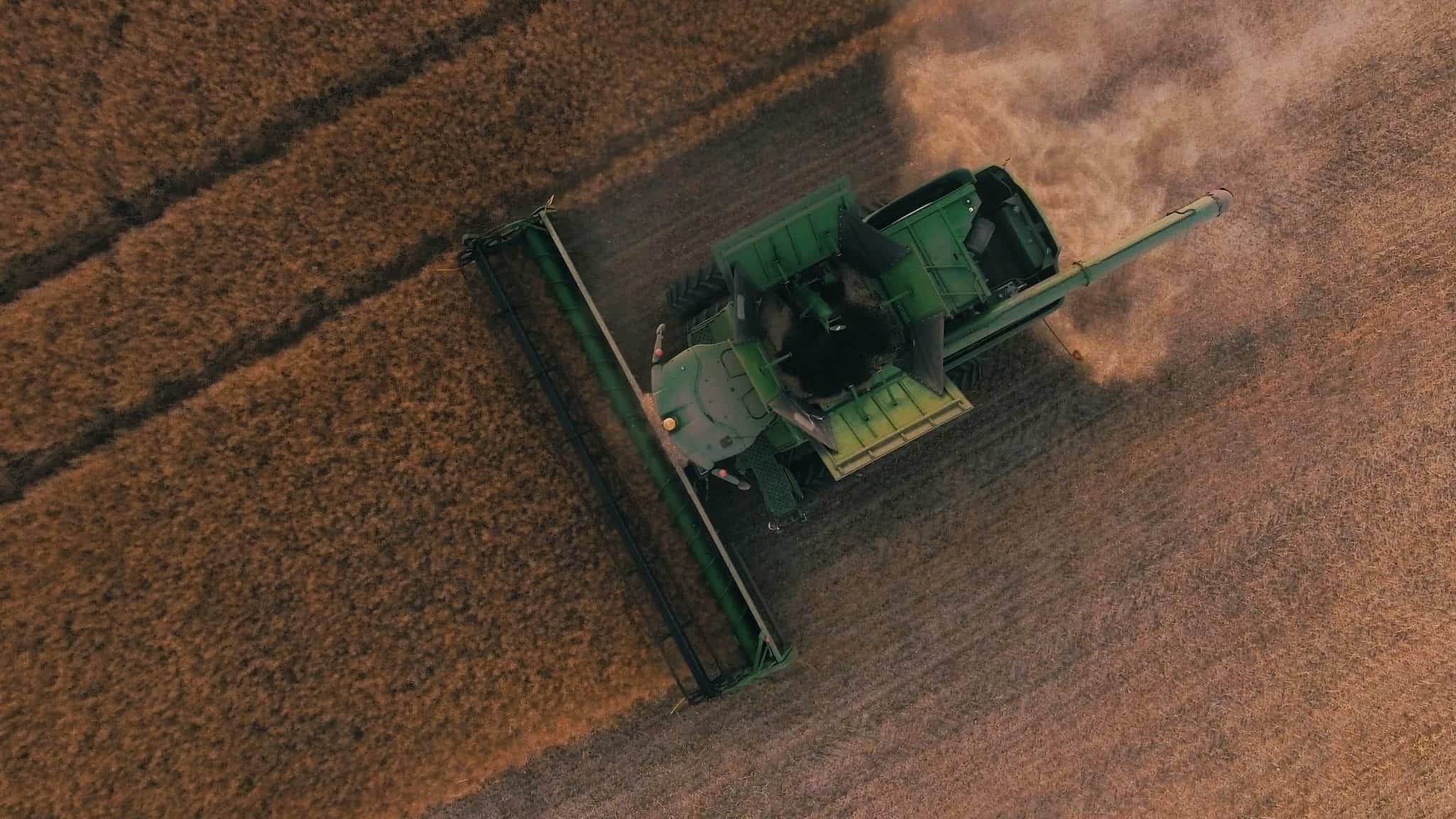Mackenzie Bouverat is a student at Harvard Law School.
Colorado, Mississippi, Minnesota, Montana and Tennessee are poised to join Georgia, Oklahoma, Alaska and South Carolina in easing coronavirus-related restrictions on commercial activity. Colorado is permitting hair salons, barbershops and tattoo parlors to open next Friday (but Denver county has extended stay-at-home orders until May 8.) Dine-in services are permitted to resume in Tennessee this Monday. Oklahoma opens spas, pet groomers, salons and barbershops this Friday. Missouri will open the “majority” of its businesses on May 4. These re-openings contradict the advice of public health experts and the polled preferences of the majority of Americans.
As meat processing plants close across North America, the U.S. Centers for Disease Control and Prevention and the Department of Labor have issued joint guidelines for meat processing facilities. The new regulations direct meat processing employers to maintain six feet of distance between employees, and to screen employees for coronavirus symptoms at the beginning of each shift. But for many employees, these measures come too late: over 5,000 meatpacking workers have already contracted the coronavirus; 13 have died. A Missouri-based workers rights nonprofit, the Rural Community Workers Alliance, is suing Smithfield Foods for breaching its duty to provide its workers with a reasonably safe workplace conditions. The single plaintiff-employee of Smithfield in the case has elected to remain anonymous, “because her years of experience working for Smithfield suggest to her that Smithfield is likely to retaliate against her for speaking out against the company.” The lawsuit aims to secure adequate personal protective equipment and the company’s commitment to refraining from disciplinary action when workers take sick days.
On Friday, President Trump announced the Coronavirus Food Assistance Program, a $19 billion relief program for the agriculture sector. The bill distributes $16 billion in direct payments to farmers and ranchers and mass purchases $3 billion of dairy, meat and produce to distribute through food banks. This step follows the reduction of restrictions on farmers hiring H2-A migrant workers–including lowering minimum wages–and the relaxation of water use restrictions for California growers. Despite these measures, the Wall Street Journal reports that farmers have been ‘forced’ to destroy their crops, citing a lack of demand.
After 840 sailors on the USS Theodore Roosevelt tested positive for coronavirus, the US Navy has recommended the reinstatement of the ship’s captain, Brett Crozier. Crozier was relieved of his command by acting Secretary of the Navy Thomas Modly after distributing a letter criticizing the Navy’s response to the ship’s outbreak. Defense Secretary Mark Esper intends to meet with Navy leadership before the Pentagon issues a final decision.






Daily News & Commentary
Start your day with our roundup of the latest labor developments. See all
January 30
Multiple unions endorse a national general strike, and tech companies spend millions on ad campaigns for data centers.
January 29
Texas pauses H-1B hiring; NLRB General Counsel announces new procedures and priorities; Fourth Circuit rejects a teacher's challenge to pronoun policies.
January 28
Over 15,000 New York City nurses continue to strike with support from Mayor Mamdani; a judge grants a preliminary injunction that prevents DHS from ending family reunification parole programs for thousands of family members of U.S. citizens and green-card holders; and decisions in SDNY address whether employees may receive accommodations for telework due to potential exposure to COVID-19 when essential functions cannot be completed at home.
January 27
NYC's new delivery-app tipping law takes effect; 31,000 Kaiser Permanente nurses and healthcare workers go on strike; the NJ Appellate Division revives Atlantic City casino workers’ lawsuit challenging the state’s casino smoking exemption.
January 26
Unions mourn Alex Pretti, EEOC concentrates power, courts decide reach of EFAA.
January 25
Uber and Lyft face class actions against “women preference” matching, Virginia home healthcare workers push for a collective bargaining bill, and the NLRB launches a new intake protocol.